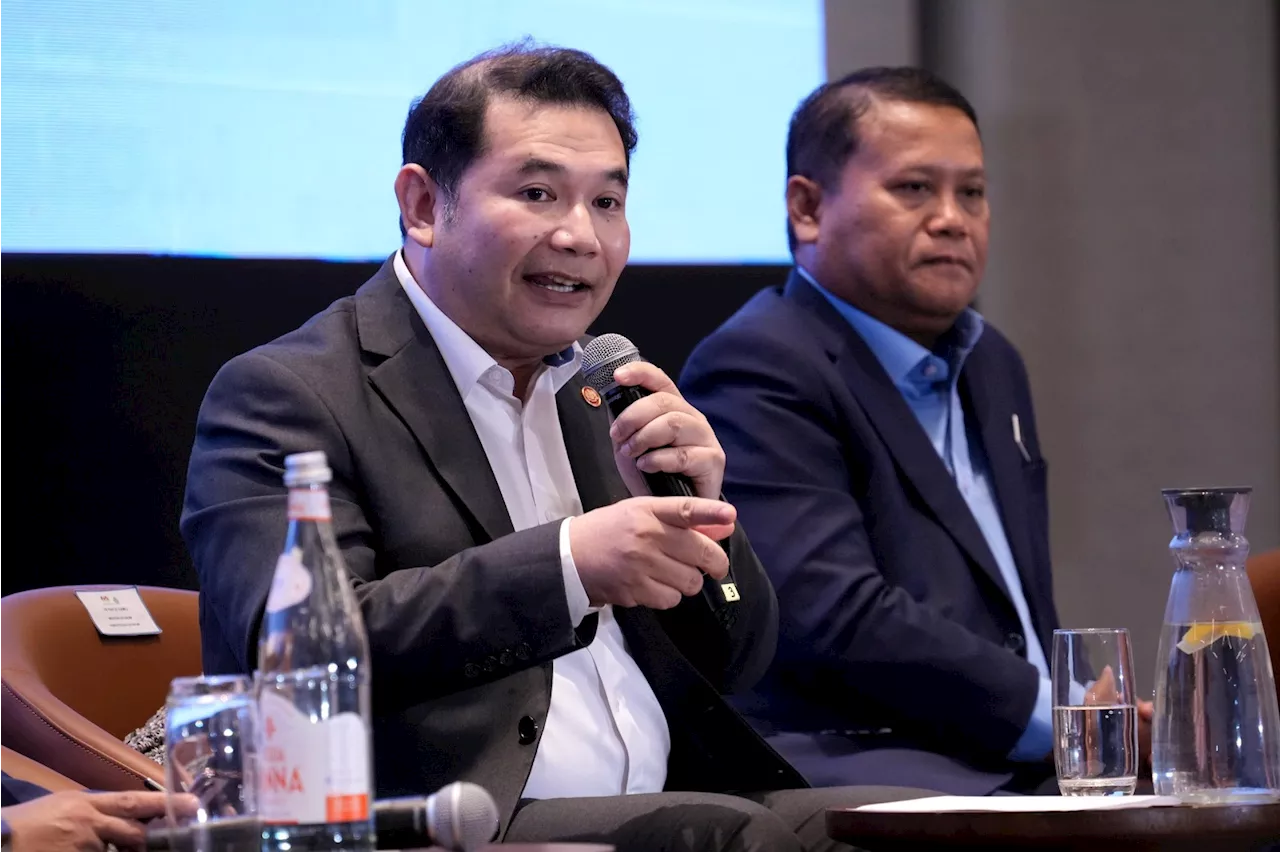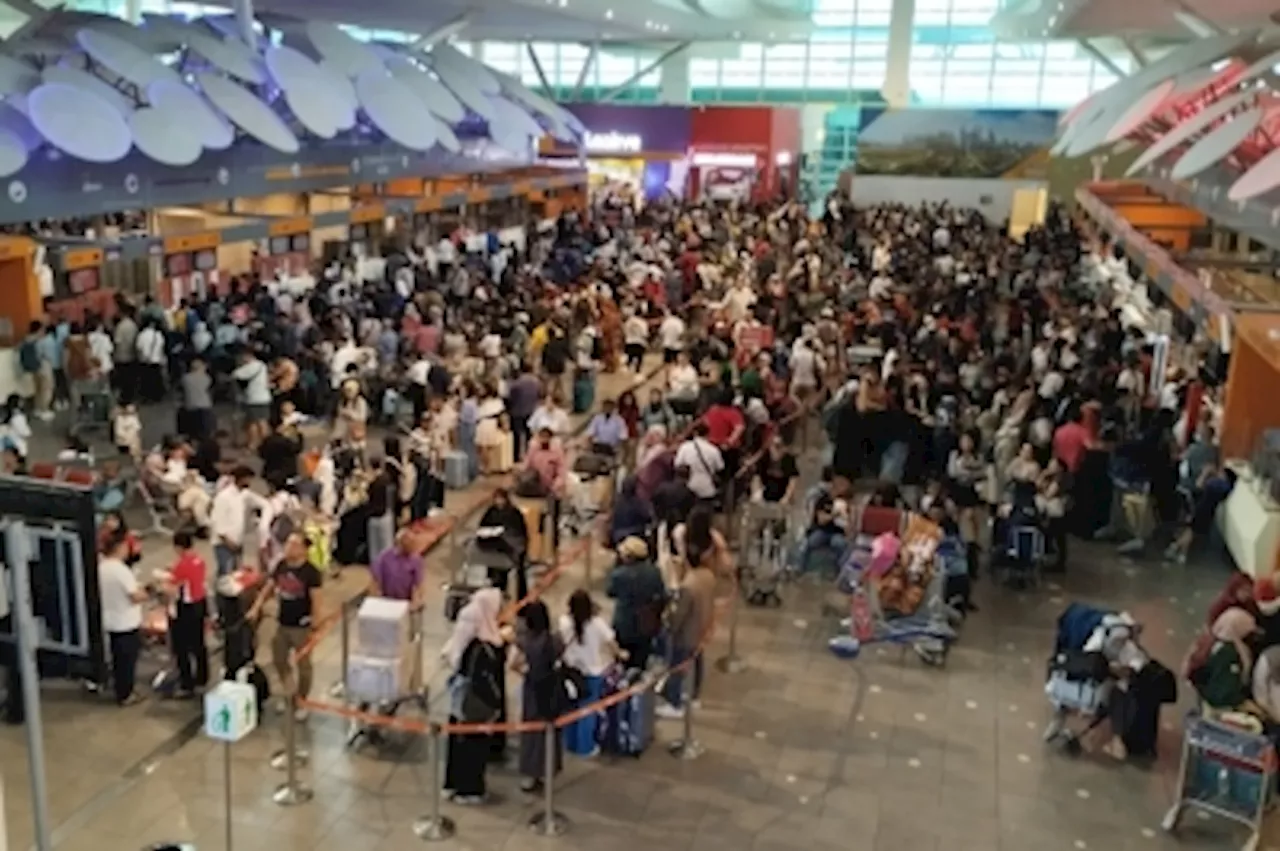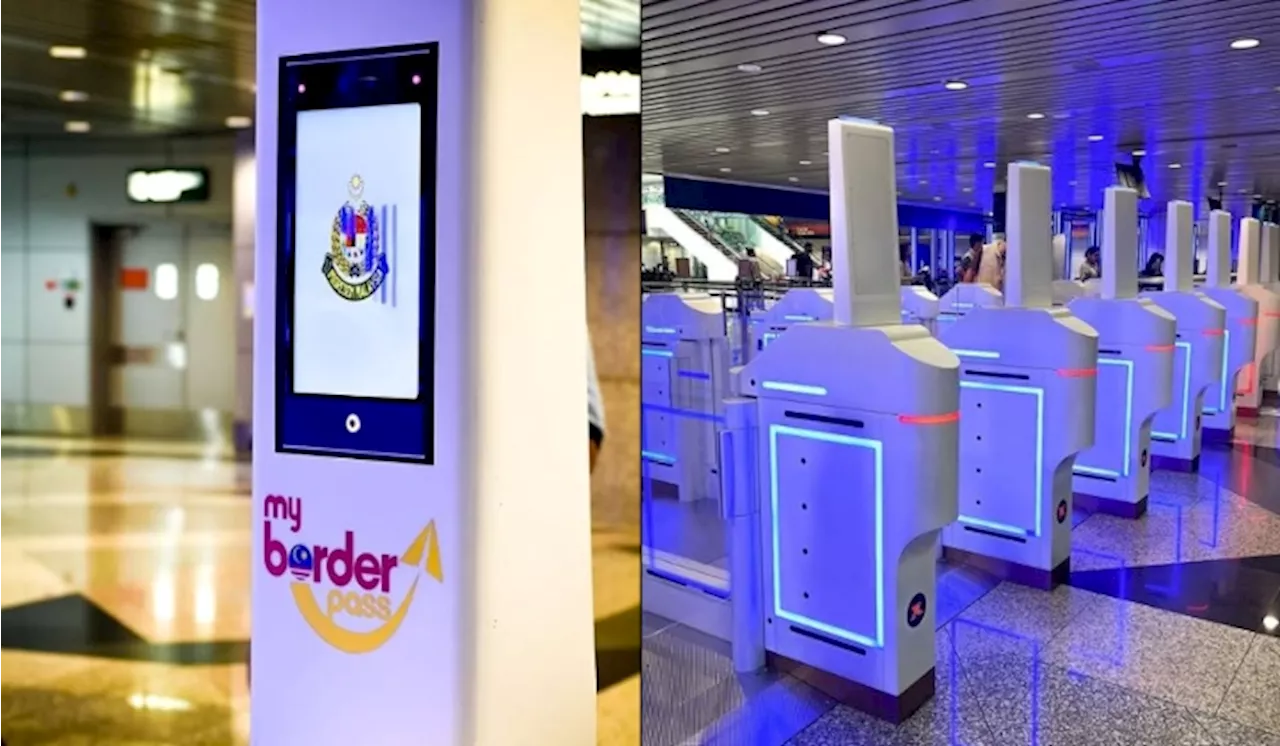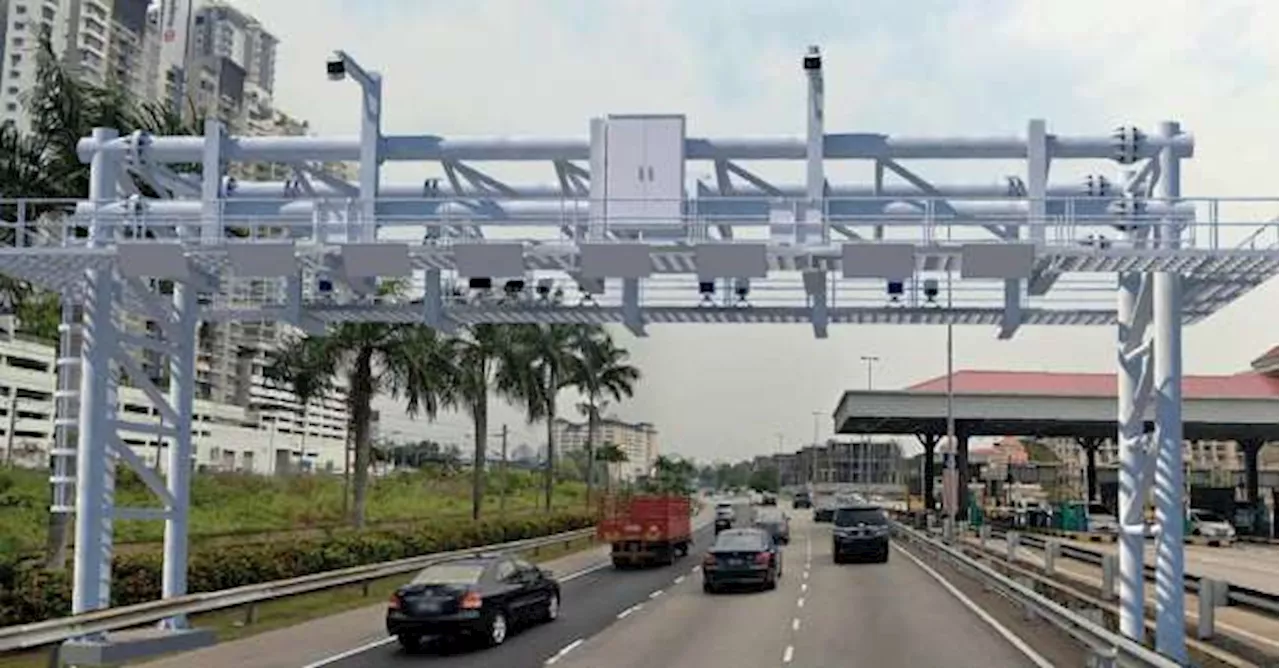The implementation of Malaysia's Multi-Lane Free Flow (MLFF) toll collection system has been repeatedly delayed due to ongoing disagreements between the government and highway concessionaires.
Malaysia 's Multi-Lane Free Flow ( MLFF ) toll collection system, intended to streamline highway traffic and eliminate physical toll booths, has faced significant delays due to ongoing disagreements among highway concessionaires . Despite the system's initial target launch date, negotiations between the government and operators have stalled, prompting the cabinet to terminate discussions.
Works Minister Alexander Nanta Linggi acknowledged the need for further refinement before implementation, stating that the ministry is actively gathering opinions and proposals from various stakeholders, including industry players. This suggests that a final decision on the MLFF system's implementation remains elusive, casting uncertainty over its future rollout.Nanta Linggi highlighted safety and efficiency as critical concerns surrounding the MLFF system. He emphasized the importance of ensuring enhanced safety on highways, addressing congestion issues, and optimizing system efficiency to minimize potential leakages and revenue losses. The minister also stressed the need for robust enforcement mechanisms to deter non-payment and protect the system's financial viability.The MLFF system, modeled after Singapore's Electronic Road Pricing (ERP) system, aims to facilitate seamless automatic toll payments without physical barriers, thereby promoting smoother traffic flow on Malaysian highways. However, the project has been plagued by indecision as the Works Ministry struggles to reach a consensus with all highway concessionaires. The prolonged negotiations and lack of a clear implementation timeline have raised questions about the feasibility and effectiveness of the MLFF system's eventual adoption
MLFF Toll System Malaysia Highway Concessionaires Traffic Congestion Electronic Toll Collection Safety Efficiency
Malaysia Latest News, Malaysia Headlines
Similar News:You can also read news stories similar to this one that we have collected from other news sources.
 Malaysia To Implement DRG Pricing System To Address Rising Medical CostsMalaysia is set to introduce a Diagnosis-Related Group (DRG) pricing system in 2025 to combat escalating healthcare costs. This move aims to provide fixed-rate payments for specific medical procedures, potentially making healthcare more affordable for citizens.
Malaysia To Implement DRG Pricing System To Address Rising Medical CostsMalaysia is set to introduce a Diagnosis-Related Group (DRG) pricing system in 2025 to combat escalating healthcare costs. This move aims to provide fixed-rate payments for specific medical procedures, potentially making healthcare more affordable for citizens.
Read more »
 Malaysia Introduces Progressive Wage SystemThe Malaysian government is launching the Progressive Wage System (DGP) to boost wages and improve income distribution. Details on eligibility and application process are outlined.
Malaysia Introduces Progressive Wage SystemThe Malaysian government is launching the Progressive Wage System (DGP) to boost wages and improve income distribution. Details on eligibility and application process are outlined.
Read more »
 Malaysia Pilots QR Code System for Faster Immigration Clearance at KLIAMalaysia is piloting a QR code system for immigration clearance at KLIA Terminals 1 and 2 to reduce congestion and expedite the process. Passengers can generate QR codes linked to their travel and identification details through the MyBorderPass mobile application.
Malaysia Pilots QR Code System for Faster Immigration Clearance at KLIAMalaysia is piloting a QR code system for immigration clearance at KLIA Terminals 1 and 2 to reduce congestion and expedite the process. Passengers can generate QR codes linked to their travel and identification details through the MyBorderPass mobile application.
Read more »
 Malaysia Launches QR Code System for Faster Immigration Clearance at KLIAMalaysian citizens traveling through KLIA will soon enjoy faster immigration clearance thanks to a new QR code system launching in January 2025.
Malaysia Launches QR Code System for Faster Immigration Clearance at KLIAMalaysian citizens traveling through KLIA will soon enjoy faster immigration clearance thanks to a new QR code system launching in January 2025.
Read more »
 Malaysia Plans National Addressing System to Boost Data Security and Digital EconomyThe Malaysian government is developing the National Addressing System (NAS) to enhance data geospatial security and reduce reliance on foreign technology. NAS, aligned with the Malaysia Digital Economy Blueprint and the National Fourth Industrial Revolution Policy, aims to establish a unified, authoritative, and integrated national addressing framework. The system will manage over 12 million addresses, benefiting sectors like logistics, delivery, and national defense.
Malaysia Plans National Addressing System to Boost Data Security and Digital EconomyThe Malaysian government is developing the National Addressing System (NAS) to enhance data geospatial security and reduce reliance on foreign technology. NAS, aligned with the Malaysia Digital Economy Blueprint and the National Fourth Industrial Revolution Policy, aims to establish a unified, authoritative, and integrated national addressing framework. The system will manage over 12 million addresses, benefiting sectors like logistics, delivery, and national defense.
Read more »
 Malaysia to Implement National Address System for Improved Data ManagementThe Malaysian Ministry of Communications is launching a study on implementing the National Address System (NAS) to standardize and integrate address data nationwide. The NAS aims to create a single authoritative address system, reducing reliance on foreign technology and improving public service delivery. The system will address challenges posed by unstructured and inconsistent addresses, particularly in rural areas, traditional villages, and densely populated urban areas.
Malaysia to Implement National Address System for Improved Data ManagementThe Malaysian Ministry of Communications is launching a study on implementing the National Address System (NAS) to standardize and integrate address data nationwide. The NAS aims to create a single authoritative address system, reducing reliance on foreign technology and improving public service delivery. The system will address challenges posed by unstructured and inconsistent addresses, particularly in rural areas, traditional villages, and densely populated urban areas.
Read more »
